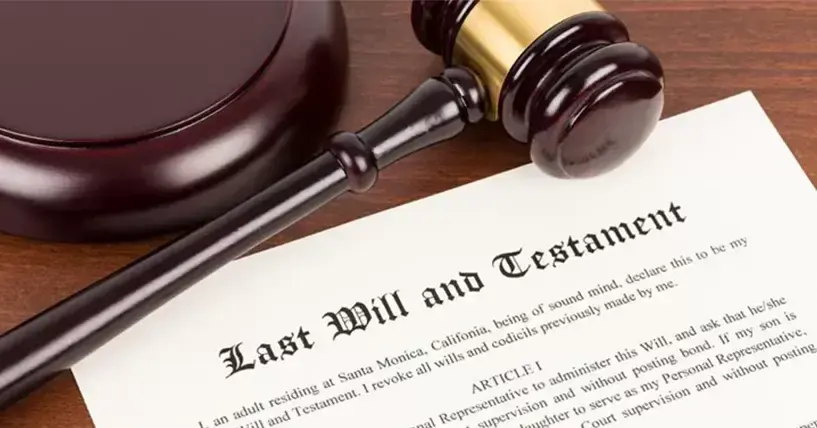How to Prepare for Your Initial Consultation with your a Lawyer
Preparing for your first meeting with a lawyer can be a daunting experience, especially if you have never navigated the legal world before. If you are addressing a personal injury claim, a family law matter, or business-related issues, understanding what to expect and how to approach your consultation can significantly impact the outcome. It is crucial to be equipped with the right information and mindset to facilitate a productive discussion with your attorney.
This article will walk you through essential steps to prepare for that initial meeting. We will also touch on key legal concepts that every individual should know, including the importance of understanding your legal rights, the common mistakes people make, and how to choose the right lawyer for your specific needs. By doing a little groundwork ahead of time, you will be more equipped to engage with your lawyer and discuss your situation with confidence.
Essential Legal Advice
When getting ready for your primary meeting with a legal representative, it is crucial to come ready with all necessary documents related to your situation. This might consist of contracts, correspondence, or any pertinent paperwork that can help your attorney comprehend the circumstances quickly. The more organized you are, the more effectively your lawyer can provide you with guidance and tactics for the future.
Additionally, knowing your legal rights and responsibilities in your individual legal case is crucial. Familiarize yourself with the basics of the law related to your situation, whether it concerns injury claims, domestic matters, or business matters. This fundamental knowledge will empower you to pose knowledgeable queries and understand the potential effects of your case as your attorney clarifies the legal procedure.
In conclusion, be truthful and frank with your attorney about all the facts, even those that may seem insignificant or personal. Your lawyer can only adequately advocate for you if they have the complete overview. Note, attorney-client privilege keeps everything you communicate private, so you can feel secure discussing all parts of your case, ensuring that your legal strategy is as robust as can be.
Choosing a Right Attorney
Choosing the right attorney is crucial to the success of your legal matter. Begin by thinking about the specific practice area relevant to your case, such as personal injury, family law, or criminal defense. Ensure the lawyer you select has expertise and a strong track record in handling cases similar to yours. Do not hesitate to ask about their qualifications, past cases, and outcomes to gauge their expertise.
Additionally, look for an attorney whose communication style aligns with you. Legal matters can be complex and lengthy, so it is important to have an attorney who conveys information effectively and is responsive to your questions and issues. Arranging a consultation can help you assess how well you relate with the attorney and whether they appear truly interested in your case.
Finally, consider the attorney's standing within the community and among other professionals. Read Full Report , seek referrals from trusted friends or family, and check with local bar associations for any disciplinary actions. A well-respected attorney not only brings their legal expertise to your case but can also navigate the nuances of local law and court procedures, which can significantly benefit your situation.

Understanding Legal Processes
To navigate the intricacies of the judicial framework, it is important to understand the sequence of events that typically occur in a legal matter. When you first consult with an lawyer, they will describe the particular legal procedures relevant to your case. This may involve submitting a lawsuit, evidence gathering, and ultimately court proceedings or settlement talks. Each step has its own set of timelines and conditions that your lawyer will help you navigate, ensuring that you stay aware and prepared.
Judicial processes can vary greatly depending on the nature of your case, whether it's a personal injury claim, a family law matter, or a criminal situation. For example, in a tort case, the judicial process may involve gathering evidence, obtaining witness statements, and negotiating with insurers. On the other hand, in a criminal situation, the procedure might consist of pre-trial motions, plea deals, and possibly a trial. Understanding these differences can help you feel more confident and less overwhelmed as you take part in your legal process.
Throughout the legal procedure, interaction with your attorney is key. They will provide information on your situation and clarify any changes. Being active in your communication and seeking clarification will enhance your understanding and ensure you are involved in the process. Whether it’s understanding what paperwork to prepare or comprehending court procedures, your lawyer is there to guide you, making the judicial experience easier and clear.